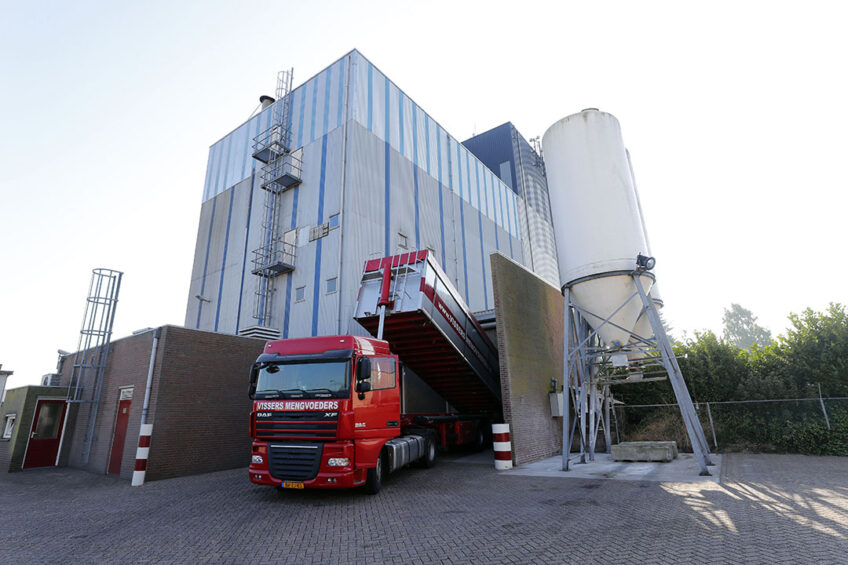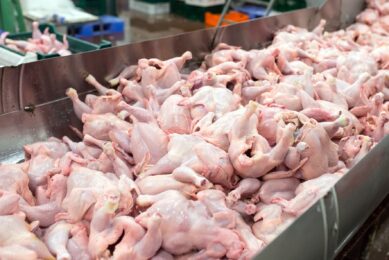Global poultry sector set to improve post-Covid

In its latest quarterly report (Q3 2021), Rabobank says improved vaccination rates will help the recovery of global, regional and especially foodservice demand, which makes up one third of global poultry demand.
Nan-Dirk Mulder, senior analyst animal protein, said as supply usually responds slowly to such increases, significant price inflation in the second half of the year could take place, particularly because feed prices remain high and avian influenza continues to disrupt global trade of breeding stock. Mr Mulder said global trade flows were shifting, with less focus on China, due to local supply growth, and the Middle East, because of food security ambitions, and more focus on northeast Asia and Europe.
Trade restrictions begin to ease
After some very difficult quarters, which saw production fall by 3.5% between January and April in Europe’s six top producer countries, including a 17% decline in the Netherlands, conditions are set to slowly improve on the continent as trade restrictions begin to ease. However, production is expected to drop by 2-3% in 2021 in Europe, with the UK expected to move towards higher self-sufficiency post-Brexit as it shifts its trade focus away from the EU.
Covid-19: Impact on the global poultry sector
The coronavirus has had a huge impact on daily life from the man on the street to businesses. And the poultry sector, even more essential than ever, has not gone unscathed. Keep up-to-date.
Analysis
The analysis was supported in the European Commission’s Short Term Agricultural Outlook, published in early July, which said EU production was unlikely to rebound sharply with the reopening of the foodservice sector, and overall exports were likely to decrease. Despite high prices, margins are under pressure because of high feed costs.
Disease and import restrictions
Disease still has a substantial impact on international markets. High pressure from avian influenza has resulted in production drops in Japan, South Korea, Russia and the EU. Import restrictions have also impacted export volumes from Europe (chicken and hatching eggs) and Russia (chicken), which is impacting supply in the Middle East and Africa (MEA).
Global trade has been highly impacted by Covid-19, with quarterly trade volumes down by 5-10%. Improved market conditions in Europe, northeast Asia and Mexico will help trade flows to recover in these regions. This should offset more difficult trade conditions in China and the MEA region, resulting from local African swine fever recovery and food security ambitions, respectively.
 Beheer
Beheer











 WP Admin
WP Admin  Bewerk bericht
Bewerk bericht